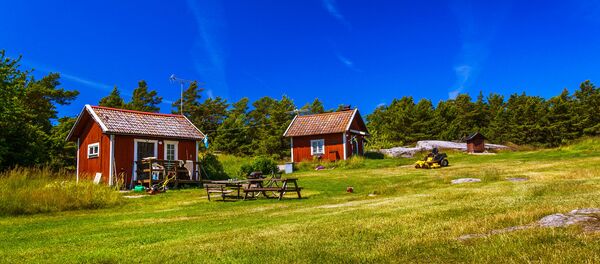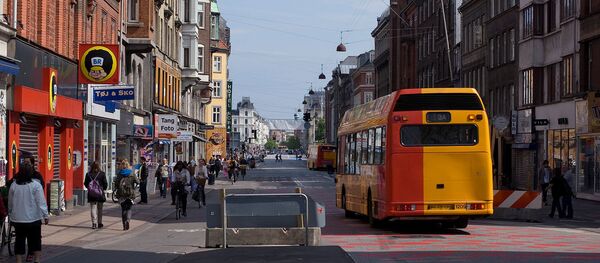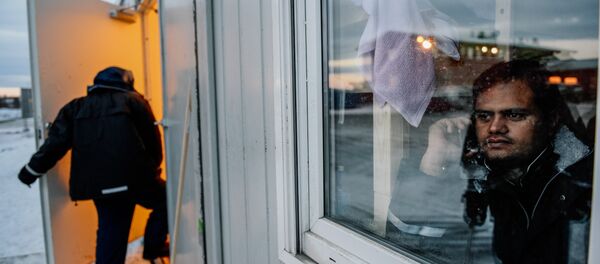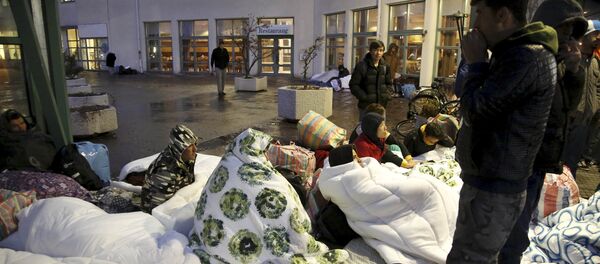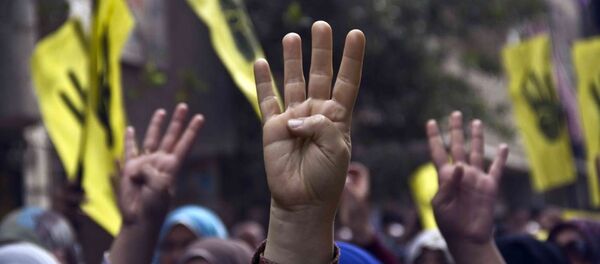"The situation in Sweden shows what a naive and goody-goody immigration policy can lead to," Norway's immigration and integration minister Sylvi Listhaug said, commenting on last week's incident, when a Norwegian TV crew topped by an experienced war correspondent was forced to flee one of Stockholm's migrant-dominated suburbs after being assaulted by young thugs.
"I think everyone who saw the report from Sweden on the evening news was stunned by the situation in our neighboring country," Sylvi Listhaug told Norwegian national broadcaster NRK earlier this week.
"It was scary to be in Sweden for this mission. <…> It's like a war zone. It was a very unpleasant day on the job," he told the tabloid Verdens Gang.
The incident, which was captured on video, reminded the public of this year's assault on an Australian TV crew in Stockholm, when journalists were yet again forced to retreat from the dangerous outskirts of the Swedish capital.
"Last year, over 160,000 asylum seekers came to Sweden. In Malmö, asylum seekers had to sleep on pieces of cardboard outdoors, in the biting winter cold. The whole system collapsed. Now, Sweden spends over 50 billion krona a year [6 billion dollars] to keep asylum seekers at bay. This exceeds the country's total defense outlay, and is more than what Swedes put into the police and the justice system," she wrote in a debate article in Dagbladet in April, trouncing Sweden's hamstrung integration policy.
"We are often met by stone-throwing when we go out on patrol. The same happens with the rescue services such as firefighters or ambulances. They never go in without taking the police along, even if they are responding to an emergency," Alvarsjö said.
Nalin Pekgul, one of Sweden's most famous immigrants, a renowned women's rights activist and the first Muslim to be elected to the national legislature, resides in Tensta, a suburb of Stockholm which has fallen victim to ghettoization. According to her, in the evening, even parking attendants dare not impose fines, and women risk being harassed and spat upon. Today's Tensta is worse than Kurdistan was 50 years ago with respect to women's rights, she told NRK.
"The freedom my aunts had in Kurdistan in the 60s and 70s has become a pipe dream here in Sweden in 2016. They could dress as they pleased, whereas Tensta has an army of self-proclaimed "morality guardians" lurking around and spitting on girls going around in short skirts," Pekgul said.


